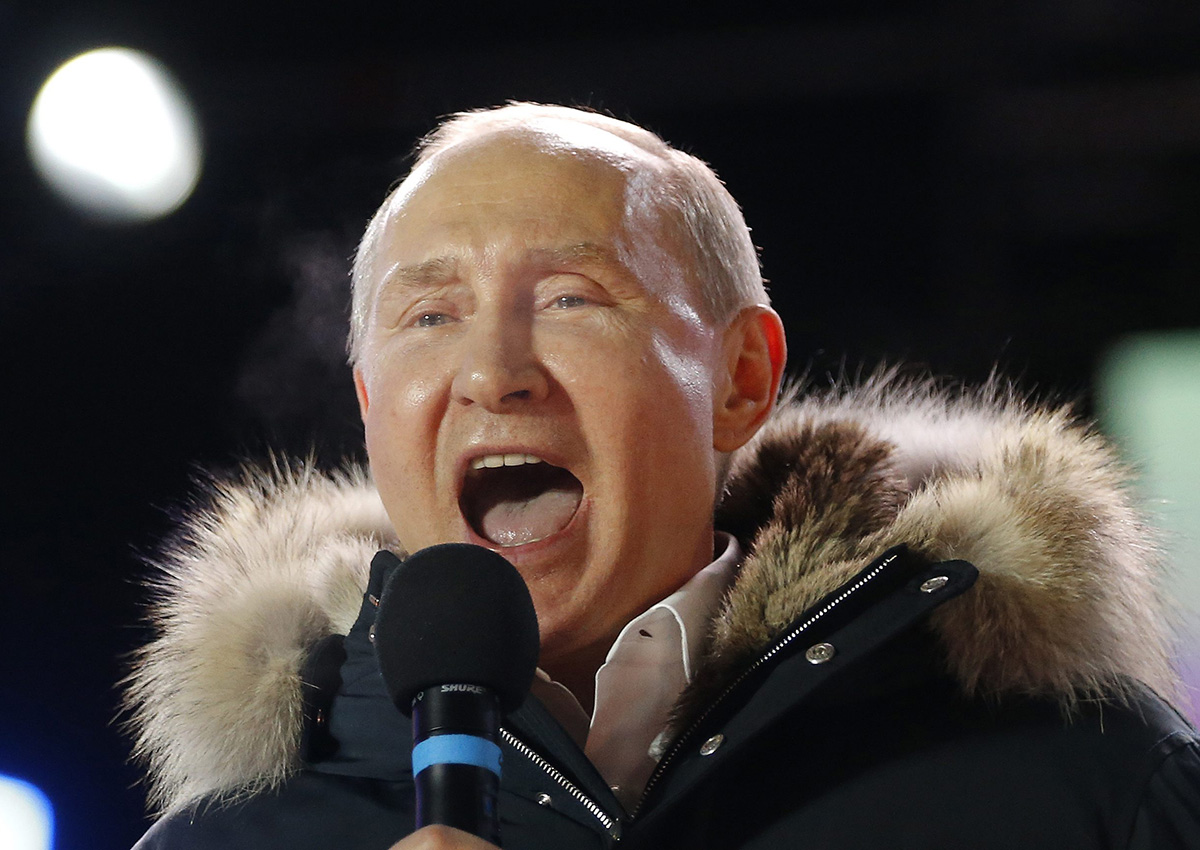As Western countries continue to criticize Russian involvement in the poisoning of a former double agent, Russia is launching a campaign to get its citizens studying in “unfriendly” countries to return.

As the Moscow Times and Radio Free Europe have reported, the new campaign is being run by Rossotrudnichestvo, the Russian agency tasked with promoting the country’s image abroad, and is being branded as a response to the statements made by international leaders that Russia is “highly likely” to be responsible for the use of a nerve agent on Sergei Skripal and his daughter, Yulia.
READ MORE: Russia can apply to replace expelled diplomats in Canada; deadline for departure is today
A British police officer and roughly 30 bystanders were also injured.
The campaign carries the title “Highly Likely Welcome Back.”
WATCH BELOW: How did Sergei and Yulia Skripal survive a nerve agent attack?

Relations between Russia and the West are at their lowest point since the end of the Cold War and have worsened dramatically over the last four years since Russia illegally annexed Crimea from Ukraine.

Get breaking National news
Aggression by Russia against Eastern European countries and repeated attempts to meddle in the elections of Western countries over the last three years have only worsened things further.
READ MORE: Russia Launches Program to Return Students From U.K. and Other ‘Unfriendly Countries’
Canada, the United States and European allies have applied repeated rounds of sanctions against Russia and Russian officials in retaliation for such actions.
Both the Moscow Times and Radio Free Europe quoted comments made by unnamed Russian officials to Russian media services that pointed to what they describe as “Russophobic attitudes” in the reasoning of the decision to call for citizens to return home and complete their studies at Russian post-secondary institutions.
READ MORE: Russia Tells Its Study-Abroad Students: It’s Time To Come Home
“As we know, the domestic politics in a host of countries, and in Europe in particular, have increasingly taken on a harshly expressed anti-Russian character. We are obligated to highlight the negative influence of Russophobic attitudes on the activity of our compatriots, which purposely narrow their opportunities for self-realization,” one unnamed official from the agency was quoted by Radio Free Europe as saying to the state-operated RIA-Novosti news agency.
The Moscow Times quoted the moderator of a panel during which the program was announced as making similar comments to the Kommersant daily newspaper.
“There is serious concern that young Russians may suffer from provocations in countries that express unfriendly attitudes towards our country,” the moderator reportedly said on Monday.
WATCH BELOW: British PM says ‘highly likely’ Russia responsible for poisoning of ex-spy

Last month, Canadian Foreign Affairs Minister Chrystia Freeland announced the government was expelling four Russian diplomats alongside 23 other Western countries in solidarity with the United Kingdom, which initiated the mass expulsion of Russian diplomats in retaliation for the attack over the Skripals.
Both were poisoned using a Soviet-made military-grade nerve agent but are now recovering.
Russia responded to the mass expulsion of its diplomats by booting out Western diplomats in equal number and has attempted to peddle conspiracy theories in its assertions that it is not responsible for the attack.
The Organization for the Prohibition of Chemical Weapons is investigating.








Comments